Reflecting on the Atlanta spa shootings: experiencing the five stages of grief
March 22, 2021
On the evening of March 16, I was in denial. As the headlines revealed more information about the Atlanta spa shooting, I felt weary, constantly refreshing my web browser for new information. How could such vile hatred against Asian Americans and Pacific Islanders exist? How could someone heartlessly murder people who look like half of my family? The Atlanta spa shootings took eight innocent lives, and six of them were Asian American women — women that resembled many role models in my own life, including my mom.
The next day, I was brimming with anger. The Cherokee County Sheriff’s Captain seemed to justify this crime by saying that “yesterday was a really bad day” for the shooter, Robert Aaron Long. Well, yesterday was “a really bad day” for the families of the victims who just lost their loved ones. Yesterday was “a really bad day” for the 18 million Asian people who live in America, who have to worry about harassment, assault, fetishization and now murder at the hands of violent racists, even more than they did before.
But possibly worst of all is the fact that the horrors in Atlanta this past week aren’t an isolated incident;it should not have taken spilled blood to prove that racism against Asians is rampant in America.
What disturbed me the most about the events of March 16 was the rallying of support behind the belief that the crime was not racially motivated. Police claimed Long specifically targeted Asian women to “suppress a sex addiction.” This is not only an overt and unnecessary sexualization of victims of a violent crime, but a marginalization of a group of people. Asian women are not a prop for the white man’s gaze; their deaths are not a means to an end to “stop temptations.”
And still, I wanted to bargain with myself and believe that there was no racial motivation; it was easier to remain naive and pretend there was another reason for the murders. Even though witnesses heard Long say, “I am going to kill all the Asians,” many have chosen to instead listen to the accounts of police officers, who were not even present during the shootings.
An act of violence that targets people for their race is a hate crime, end of story.
Asian Americans and Pacific Islanders walk around the country with targets on their backs, and we shouldn’t let law enforcement try to paint a different, colorblind picture. Listen to the victimized minorities — the pain is not anyone else’s story to tell.
Asian races and ethnicities have faced bias and discrimination since first arriving in America. In 1854, the Supreme Court Case The People v. Hall deemed the Chinese race inferior, leaving them unable to testify in court, since, according to the ruling, they were undeserving of the same rights white people held.
But while the Anti-Asian sentiment has existed for centuries, Anti-Asian hate crimes have increased by almost 150% in the past year. This recent spike is overwhelmingly attributed to the bigotry stemming from the coronavirus’ Chinese origins. Authority figures in the United States have normalized racially charged jokes like “Kung Flu” and “China virus,” silencing the Asian American community affected by the aftermath. In response, Asian American lawmakers had been actively reintroducing anti-racism measures even before these murders occurred.
I am still swept with depression from the events that happened just six days ago; it’s overwhelming to comprehend. The eight victims are becoming a statistic, a repostable graphic on Instagram stories. Going through social media platforms and seeing videos and illustrations from allies gives me a sense of comfort but, at the same time, makes me feel like I mean nothing more than another piece of data. Our community is more than a number in an article, and we deserve to be treated like people, not a last-minute addition to activism.
This past year, the Asian community has fallen victim to hatred at an escalated rate. Why is it only now, after years of fighting alone, that you hear our cries for help? Why does it take our deaths to include us in your activism?
I don’t want to accept the events of the Atlanta shooting; I don’t want to move on. I don’t want to accept that one day, the masses will all fall silent about the eight people we lost on the evening of March 16. Delaina Ashley Yaun, Xiaojie Tan, Daoyou Feng, Paul Andre Michels, Hyun Jung Grant, Soon C. Park, Suncha Kim and Yong A. Yue. Remember their names. They all should still be here with us.
Please consider donating to Asian Americans Advancing Justice at: https://actionnetwork.org/fundraising/support-georgias-asian-american-community/ to help the families affected by the shooting.
If you witness a hate incident against anyone in the AAPI community, please report it at: https://stopaapihate.org/.



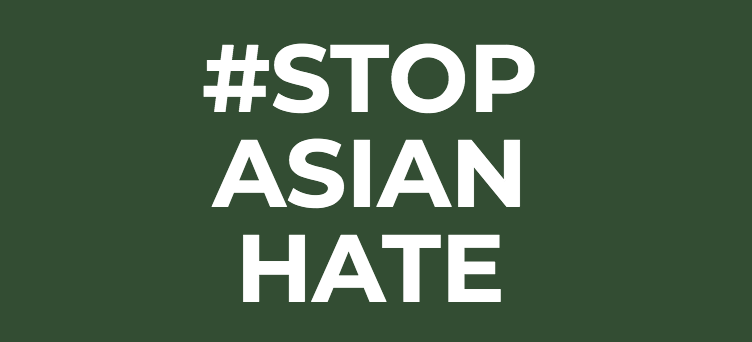
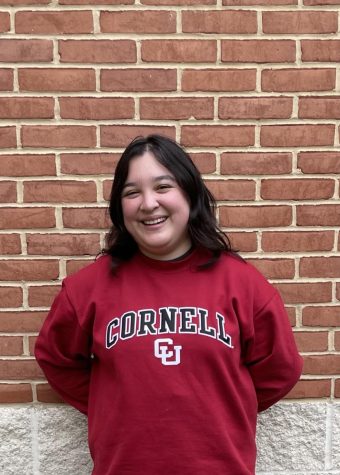


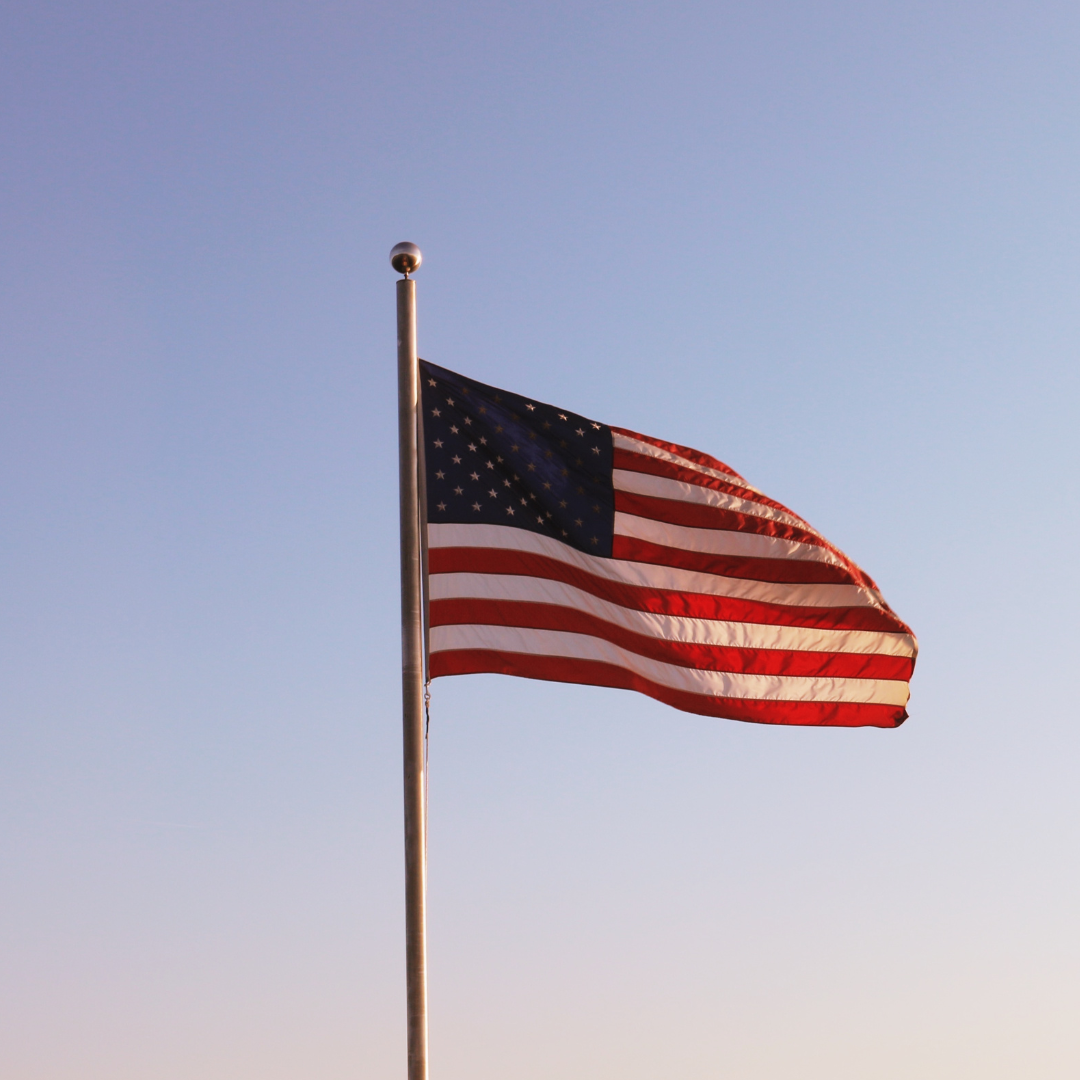
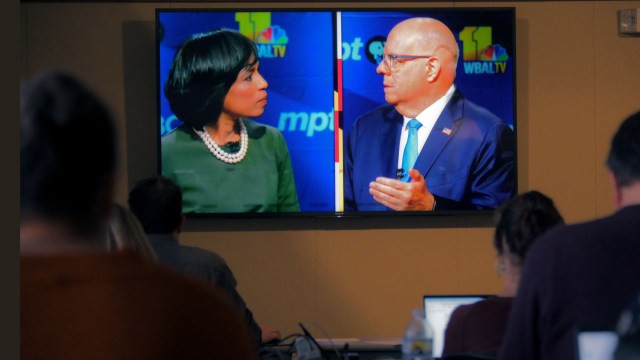
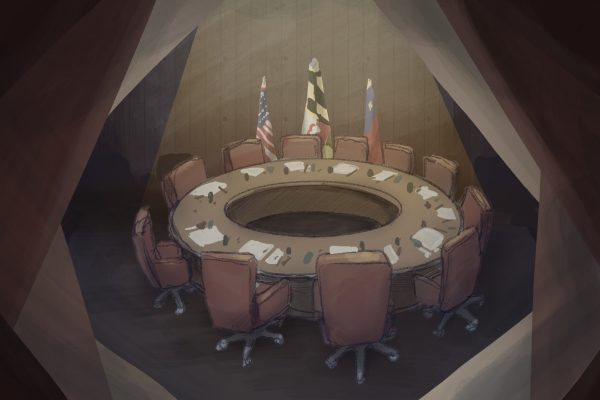
Maya Goelman • Mar 23, 2021 at 2:21 pm
Very eloquent and well-written piece expressing the collective and communal grief you are feeling. Thank you, Zoe, for your beautiful writing, and thank you for taking the time to educate and include donation links. My heart aches for your loss. You are absolutely right that it should not take a mass shooting to bring attention to the racism facing a minority group in this country. It is vital for us to show solidarity with the Asian American and Pacific Islander community in more than just words or social media activism. Delaina Ashley Yaun, Xiaojie Tan, Daoyou Feng, Paul Andre Michels, Hyun Jung Grant, Soon C. Park, Suncha Kim and Yong A. Yue. Baruch Dayan Ha’Emet and may their names be a blessing.